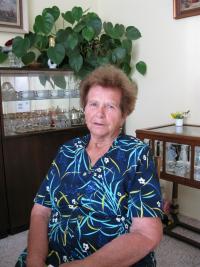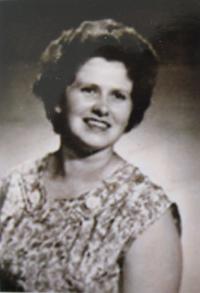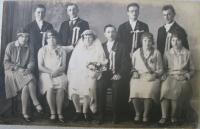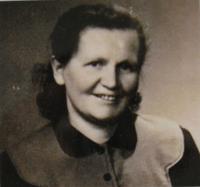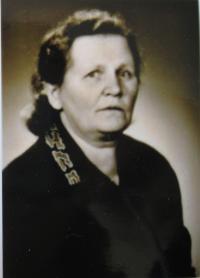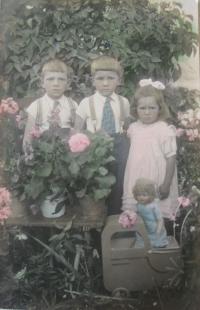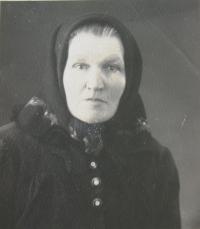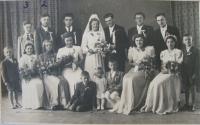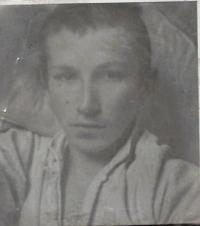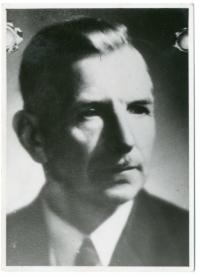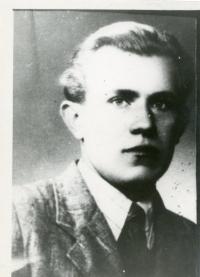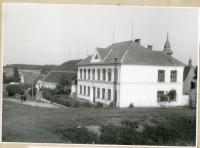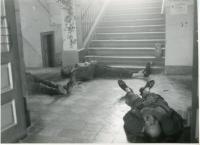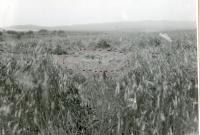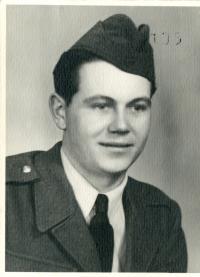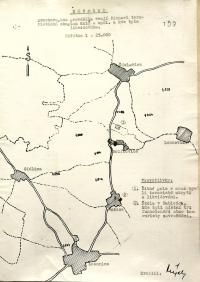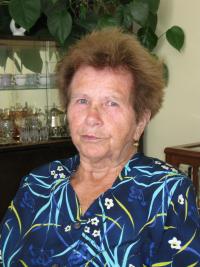The family has to be eliminated
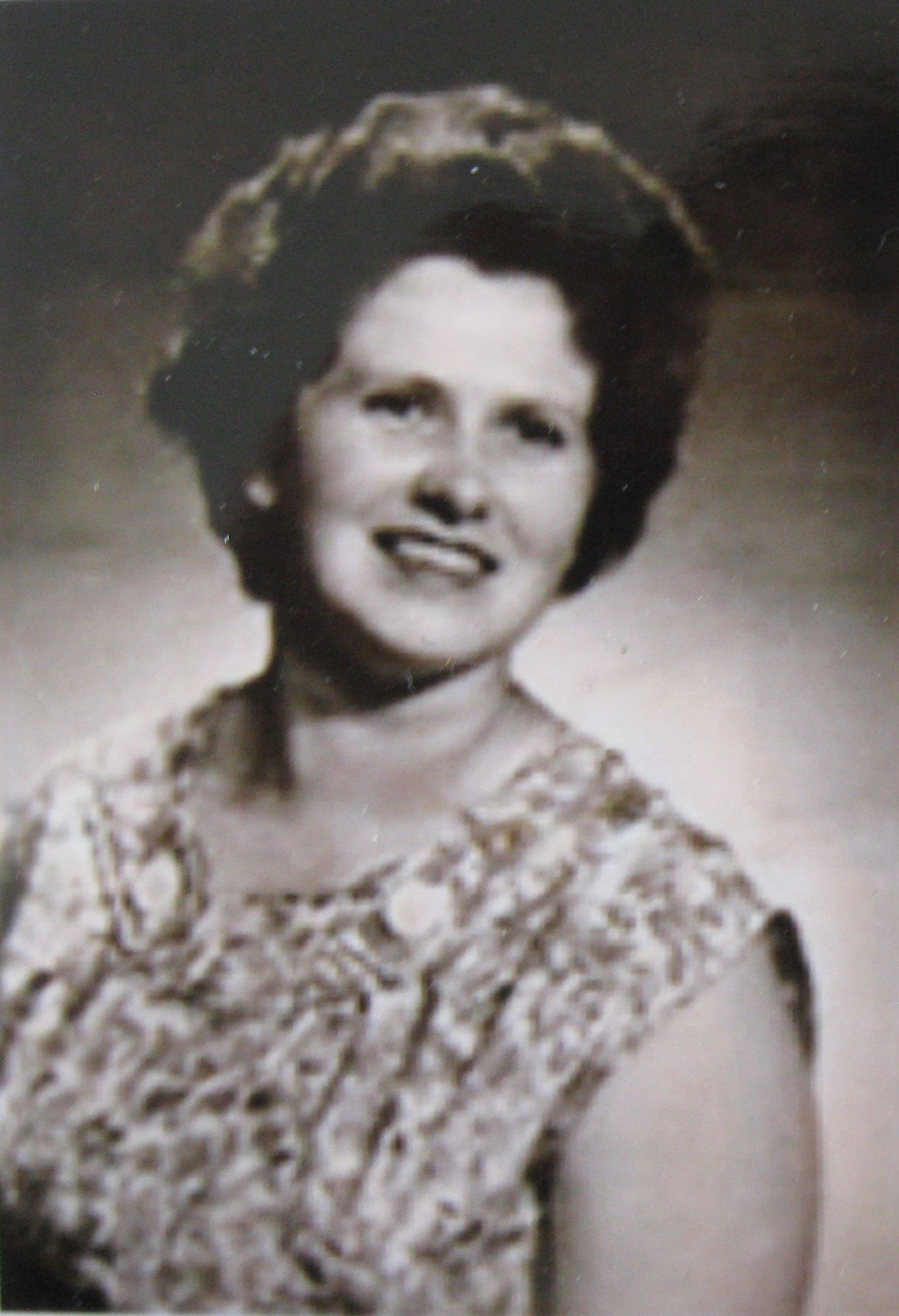
Download image
Ludmila Vondráčková, née Plichtová, was born November 26, 1933 in Šebkovice in the Třebíč district. She studied a school for housewives and then an agricultural school in Jaroměřice nad Rokytnou. Her father was Antonín Plichta, an independent farmer, who had been involved in the anti-Nazi resistance movement during WWII: he had formed a partisan group called Lenka - JIH and he had been hiding paratroopers from the group Spelter. He was politically active in the People’s Party during the Third Republic era. After the communist coup in February 1948 father Antonín and his sons, Stanislav and Antonín Jr., joined the anti-communist resistance movement. Unfortunately, in spite of warnings, they trusted an alleged resistance fighter Ladislav Malý and began cooperating with him. The role of Ladislav Malý remains unclear: he claimed to be a CIC agent who was organizing local resistance movement in Czechoslovakia, but at the same time he probably served as an agent provocateur for the State Secret Police. On July 2, 1951 Malý and Antonín Mityska killed three officials of the local Communist party committee in Babice during their meeting in the village school. The Plichta brothers were on guard in front of the school building during the murder. After the shooting they hid in a nearby rye field where they were caught the same day. Antonín was killed in a gunfight and Stanislav was seriously wounded. He became paralytic as a result of the injury and in 1953 he was sentenced to death and executed. All this time, Ludmila and her mother did not know that he had been alive until then. According to the official version released by the Communist Party, Ladislav Malý had been killed in the rye field as well. Ludmila however met him in Litoměřice after several years and she recognized him. The murder of Communist Party officials (known as the Babice case) was used by the ruling Communist Party to launch massive repression of the Catholic church (Malý had been helped by some priests) and of independent farmers in the Vysočina (Czech-Moravian Highlands) region. The first trial took place as early as July 12, 1951. Ludmila’s father, Antonín Plichta Sr. was sentenced to death, although he did not know about Malý’s plans and he did not agree with the murder. Antonín Mityska and five other persons were executed as well. Ludmila Plichtová and her mother were ordered to move out of Šebkovice. Together with other women whose husbands were imprisoned they were taken to the state farm in Ploskovice near Litoměřice where they had to work. All their property was confiscated. In Trnovany, where she worked, Ludmila met her future husband and after their wedding in 1955 they settled in Klatovy, where she worked in agriculture and later in a dairy. Before retirement she worked as an invoice clerk; during the normalization era she was allowed to study evening classes at a school of economy. Her mother Ludmila Plichtová Sr., who was severely shaken by the family tragedy, was living with Ludmila until her death.
